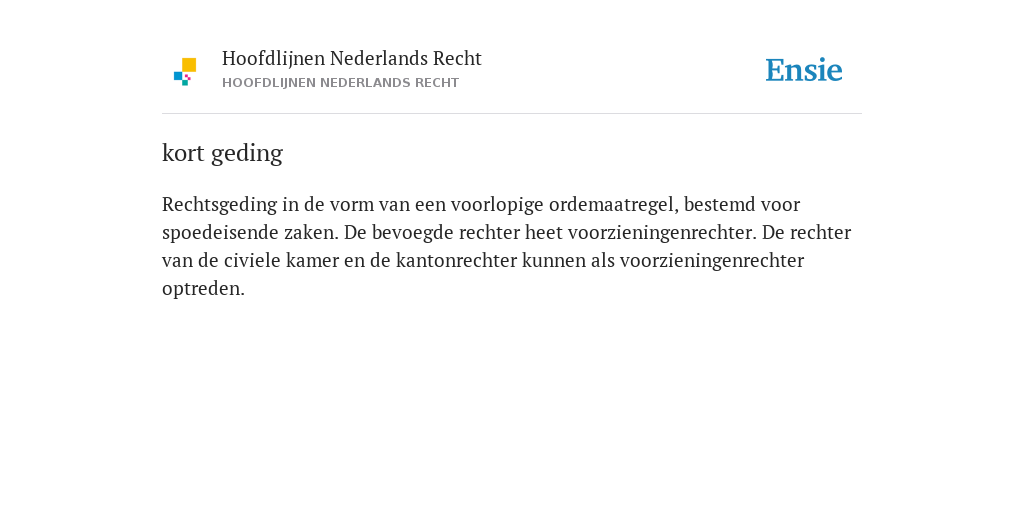President Ramaphosa Announces Commission For Apartheid Era Crimes Investigation

Table of Contents
The Mandate of the Apartheid Era Crimes Investigation Commission
The official mandate of the Apartheid Era Crimes Investigation Commission is multifaceted, focusing on achieving justice and accountability for the victims of apartheid's brutal regime. Its primary aims include a thorough investigation into unresolved cases of human rights violations committed during the apartheid era. This includes, but is not limited to, murders, torture, forced removals, and other gross abuses of human rights.
- Investigating unresolved cases of human rights abuses during apartheid: The commission will examine a wide range of cases, prioritizing those where evidence is available and where justice has yet to be served.
- Identifying perpetrators and holding them accountable: The commission will strive to identify individuals responsible for these crimes, even if it means pursuing legal action against them, within the limits of applicable law.
- Providing reparations and redress to victims and their families: This crucial aspect of the commission's work aims to offer some measure of healing and recognition for the suffering endured. This may involve financial compensation, symbolic gestures, or other forms of restorative justice.
- Promoting healing and reconciliation within South African society: Addressing past injustices is vital for building a more unified and just nation. The commission aims to contribute to this process through its work.
- Establishing a comprehensive historical record of apartheid-era atrocities: The commission will create a detailed record of apartheid-era crimes, serving as a vital resource for future generations and preventing the repetition of such horrors.
The commission operates under a robust legal framework, drawing upon existing South African laws and international human rights standards. However, limitations exist, primarily concerning the passage of time and the challenges inherent in gathering evidence and securing witness testimony after so many years. The commission must carefully navigate these legal and practical challenges to achieve its mandate effectively within the framework of transitional justice.
Composition and Structure of the Commission
The selection process for the commissioners emphasized expertise in various fields, including law, human rights, and history. The intention was to create a body that is both competent and representative of South African society. The commissioners' backgrounds and experiences are diverse, ensuring a nuanced and comprehensive approach to the investigation.
- Number of commissioners and their respective roles: The exact number of commissioners and their specific roles will be publicly announced. It is expected that a diverse range of expertise will be represented within the commission.
- Independence and impartiality of the commission: Measures will be put in place to guarantee the commission's independence and impartiality, preventing any potential political influence and ensuring that it operates as an objective body.
- Timeline for the investigation and report submission: A clear timeline will be established, outlining key milestones and the expected date for the submission of the final report.
- Budget allocated for the commission's operations: Sufficient resources will be allocated to ensure that the commission can effectively conduct its work. Transparency around the budget is crucial to maintain public trust.
Mechanisms for transparency and accountability will be in place, including regular updates to the public, access to relevant documentation, and independent oversight. This will ensure that the work of the Apartheid Era Crimes Investigation Commission is conducted openly and fairly.
Expected Impact and Challenges
The establishment of the Apartheid Era Crimes Investigation Commission holds significant potential for positive impact on South Africa. However, considerable challenges also lie ahead.
- Promoting national healing and reconciliation: By investigating past injustices and providing a platform for victims’ voices to be heard, the commission aims to foster national healing and contribute to a sense of closure.
- Contributing to a more just and equitable society: The commission’s findings and recommendations can inform policy and practice, creating a more just and equitable society for all South Africans.
- Potential for re-opening old wounds and social division: The investigation process might unfortunately reignite old tensions and conflicts. Sensitive management of the process will be crucial.
- Challenges in gathering evidence and securing witness testimony after so many years: The passage of time presents significant challenges to evidence gathering, memory recall, and the availability of witnesses.
- Addressing concerns about resource allocation and time constraints: The commission needs sufficient resources and time to thoroughly investigate a vast number of cases.
Public Participation and Engagement
Public participation is crucial to the success of the Apartheid Era Crimes Investigation Commission. The commission intends to actively engage the public in various ways:
- Submission of evidence and testimonies: Individuals with relevant information are encouraged to submit evidence and testimonies to the commission, either directly or through intermediaries.
- Public hearings and forums: Public hearings and forums will be held to allow victims, witnesses, and interested parties to share their experiences and insights.
- Access to commission reports and findings: The commission's reports and findings will be made publicly accessible to ensure transparency and accountability.
Broad public participation will ensure that the commission’s work is inclusive, and that the perspectives of all affected are considered. This participatory approach is key to fostering reconciliation and achieving justice.
Conclusion
The establishment of the Apartheid Era Crimes Investigation Commission represents a critical step in South Africa's journey towards truth, justice, and reconciliation. The commission's mandate, structure, and potential impact are significant. It aims to investigate unresolved apartheid-era crimes, hold perpetrators accountable, provide reparations, and promote national healing. While challenges lie ahead, particularly concerning resource allocation, evidence gathering, and the potential for social division, the commission holds the potential to contribute significantly to a more just and equitable South Africa. The Apartheid Era Crimes Investigation Commission is a testament to South Africa's commitment to reckoning with its past and building a more just future. Stay informed about the commission’s progress and consider how you can contribute to this important initiative. Learn more about the Apartheid Era Crimes Investigation Commission and participate in the process of national reconciliation. Follow developments related to the Apartheid Era Crimes Investigation Commission to support its important work.

Featured Posts
-
 Eurovision 2025 Analyzing The Leading Candidates
May 01, 2025
Eurovision 2025 Analyzing The Leading Candidates
May 01, 2025 -
 Who Are Remember Monday Meet The Uks Eurovision 2025 Entry
May 01, 2025
Who Are Remember Monday Meet The Uks Eurovision 2025 Entry
May 01, 2025 -
 Kampen Eist Recht Op Stroomnetaansluiting Kort Geding Tegen Enexis
May 01, 2025
Kampen Eist Recht Op Stroomnetaansluiting Kort Geding Tegen Enexis
May 01, 2025 -
 Neal Pionk Latest News Trade Rumors And Highlights
May 01, 2025
Neal Pionk Latest News Trade Rumors And Highlights
May 01, 2025 -
 Recept Kycklingnuggets Majsflingor And Asiatisk Kalsallad
May 01, 2025
Recept Kycklingnuggets Majsflingor And Asiatisk Kalsallad
May 01, 2025
